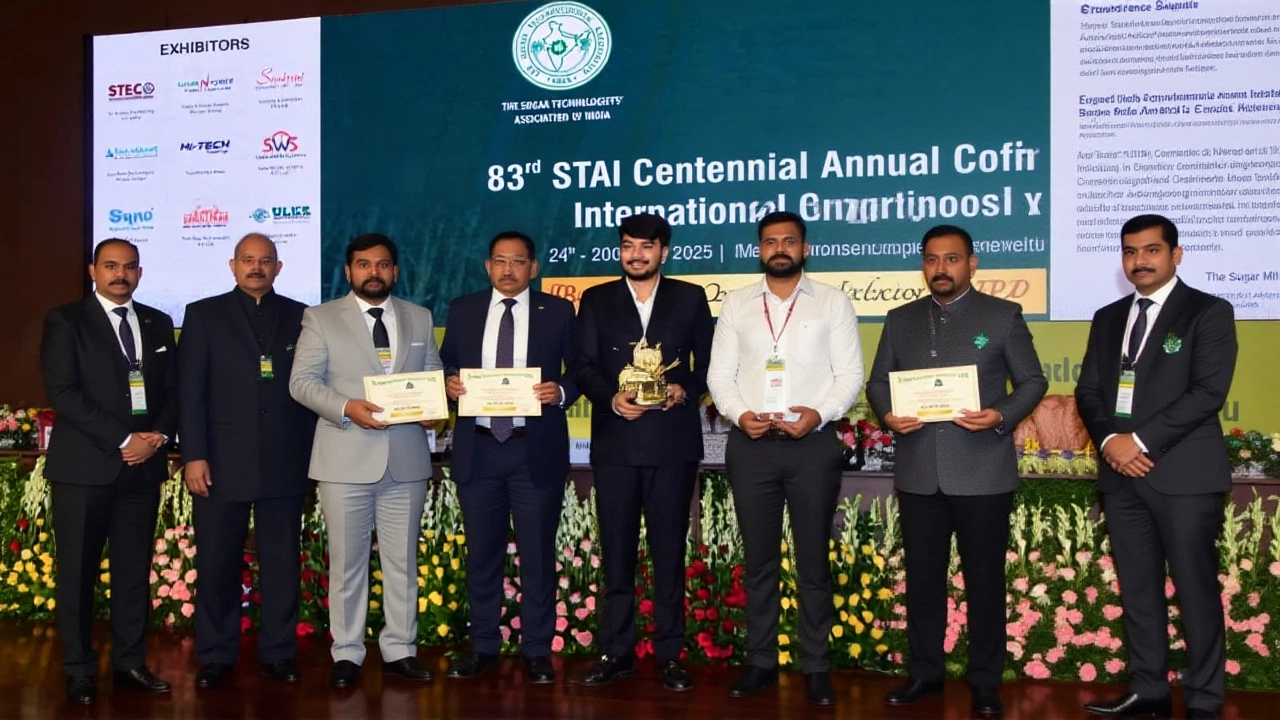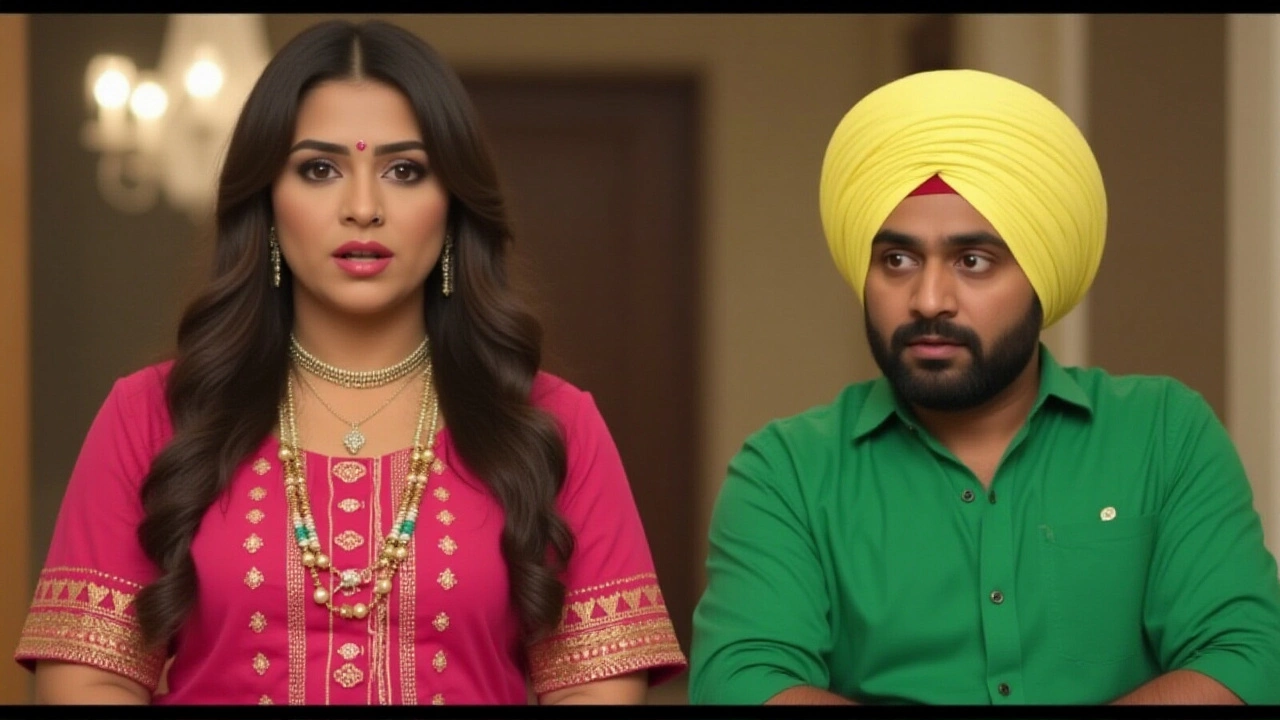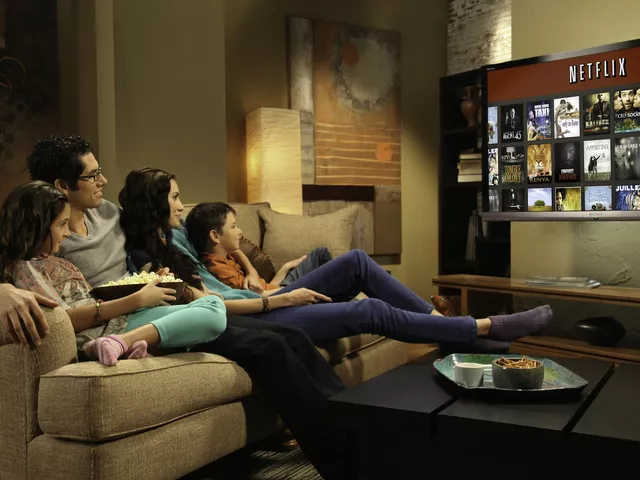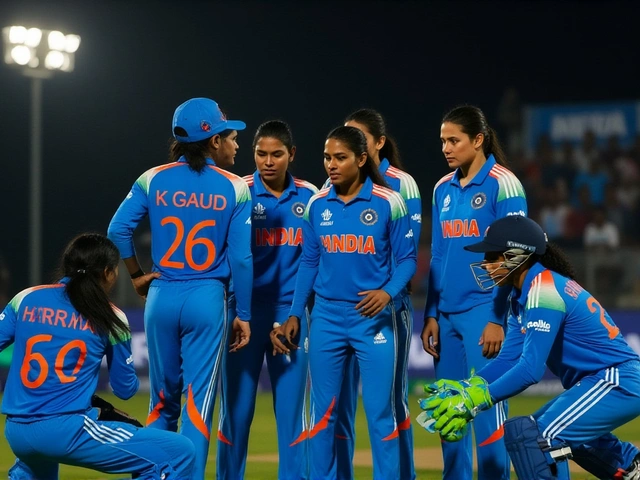When Ananya, a 25‑year‑old from Kolkata, told friends she was earning extra cash through sugar dating, the reaction was half‑laugh and half‑concern. Yet the numbers tell a different story: a June 2025 release from Ashley Madison shows India’s small‑town adoption rates outpacing its metros, with Kanchipuram jumping from 17th last year to the nation’s top non‑monogamy hotspot.
Why the Shift? A Socio‑Economic Snapshot
The trend is not a fleeting meme; it’s a response to mounting financial pressure on India’s youth. Inflation hit a 14‑year high in February 2024, while entry‑level salaries in tech and services have barely kept pace. A recent survey by the National Sample Survey Office (NSSO) indicated that 38 % of urban millennials consider "additional income streams" a priority. For many, a mutually‑agreed‑upon sugar relationship feels less risky than gig‑economy freelancing.
Historically, arranged marriages have functioned as a financial safety net – families often calculate dowry and future earnings before saying "yes." The paradox, highlighted by cultural commentator Rinima Borah in a January 21, 2024 YouTube analysis, is that when a family seeks a "sugar daddy," it’s socially acceptable, but when a young woman independently pursues the same, the backlash is swift.
Data‑Driven Insights: From Metros to Tier‑3 Towns
According to the Ashley Madison data releaseIndia, the top five Indian locations for sugar dating users are:
- Kanchipuram (population ~200,000)
- Central Delhi
- Gurgaon
- Mumbai
- Bangalore
Surprisingly, Kanchipuram’s growth rate was 112 % year‑over‑year, while Mumbai’s increase slowed to 8 %. Smaller towns such as Gurgaon and Delhi are now outpacing traditional tech hubs like Hyderabad and Pune in terms of new registrations.
Inside the Lives of Participants
For Ananya, the decision was pragmatic. "A male friend suggested it when I complained about rent," she recounts, recalling a moment of desperation in August 2023. Over the past two years she has maintained relationships with three men in their late thirties, each arrangement lasting six to nine months. "It feels like part‑time employment with clear boundaries," she adds.
A second voice comes from "Rohit,” a 42‑year‑old IT consultant from Kanchipuram, who prefers to stay anonymous. He says, "I provide monthly support because I enjoy mentoring younger women. There's respect, not exploitation. It’s mutually beneficial."
Stigma, Consent, and the Legal Grey Zone
The line between sugar dating and prostitution is hotly debated. NGOs focused on women's safety argue that any exchange of money for intimacy skirts legal definitions, yet most participants stress consent and emotional autonomy. Ananya points out, "We draft agreements, set expectations, and never cross personal limits. That's why many of us feel safe."
India’s penal code, specifically Section 366B, criminalizes "sex with a person under a pretense of marriage," but it does not explicitly address consenting adults exchanging money for companionship. Legal scholars like Dr. Priyanka Mehta of the Indian Law Institute warn, "Without clear legislation, enforcement becomes inconsistent, leaving participants vulnerable to blackmail or exploitation."
Economic Ripple Effects
Beyond personal finance, the rise of sugar dating is nudging related industries. Mobile payment platforms report a 4.5 % uptick in peer‑to‑peer transfers labeled as "gifts" from July 2024 to March 2025. Dating apps tailored to sugar arrangements, such as "Sugardate" and "WealthyMatch," have collectively raised ₹1.2 billion in venture capital since early 2024.
University campuses are also feeling the shift. Reports from the Indian Institutes of Technology (IITs) show that students are increasingly using “dowry calculators” not just for marriage but to gauge potential sugar partners’ financial standing. This underscores a broader cultural recalibration where financial security is decoupled from traditional family structures.
Future Outlook: Normalization or Backlash?
Looking ahead, analysts at Confederation of Indian Industry (CII) predict the market could stabilize at a 15 % participation rate among urban youth by 2027, provided societal acceptance grows. However, a potential backlash looms: conservative political parties have hinted at stricter regulations on online matchmaking platforms, citing moral decay.
What’s clear is that the phenomenon is no longer confined to internet forums; it’s entering mainstream discourse, from parliamentary debates to morning news bulletins. Whether this leads to a new social contract around consensual financial companionship or triggers stricter policing will depend on how quickly public perception catches up with lived realities.
Key Facts
- June 2025 Ashley Madison data shows Kanchipuram as India’s top sugar‑dating hotspot.
- Growth rate in tier‑3 towns outpaced metros by 112 % year‑over‑year.
- Young adults cite financial pressure – inflation at 14‑year high – as primary motivator.
- Legal ambiguity remains; Section 366B does not directly address consensual adult arrangements.
- Venture capital in niche dating platforms reached ₹1.2 billion in 2024‑25.

Frequently Asked Questions
How does sugar dating affect young women in small towns?
In tier‑3 locations like Kanchipuram, sugar dating offers a pragmatic avenue to supplement low wages. Participants report increased financial independence, but they also face heightened social scrutiny because traditional norms remain strong in these close‑knit communities.
What legal risks do participants face?
India’s current law does not specifically criminalize consensual adult sugar arrangements, yet any exchange that could be interpreted as prostitution may fall under Section 366B. Without explicit consent documentation, participants risk blackmail or police harassment.
Why are tier‑3 towns outpacing metros in adoption?
Economic disparity is sharper in smaller cities; limited job opportunities make a financially supportive partnership more attractive. Additionally, lower internet saturation means fewer alternative gig platforms, pushing residents toward sugar dating as a known, accessible option.
What do experts say about the social acceptance of sugar dating?
Sociologists like Dr. Priyanka Mehta argue that the practice reflects a shift toward transactional relationships that mirror traditional arranged marriages. While some view it as empowerment, others fear it could normalize commodifying intimacy without robust protective frameworks.
Will the Indian government regulate sugar‑dating platforms?
There are signals of impending regulation: parliamentary committees have discussed stricter oversight of online matchmaking services. Any future rules will likely focus on age verification and anti‑exploitation measures, but concrete legislation is still months away.



